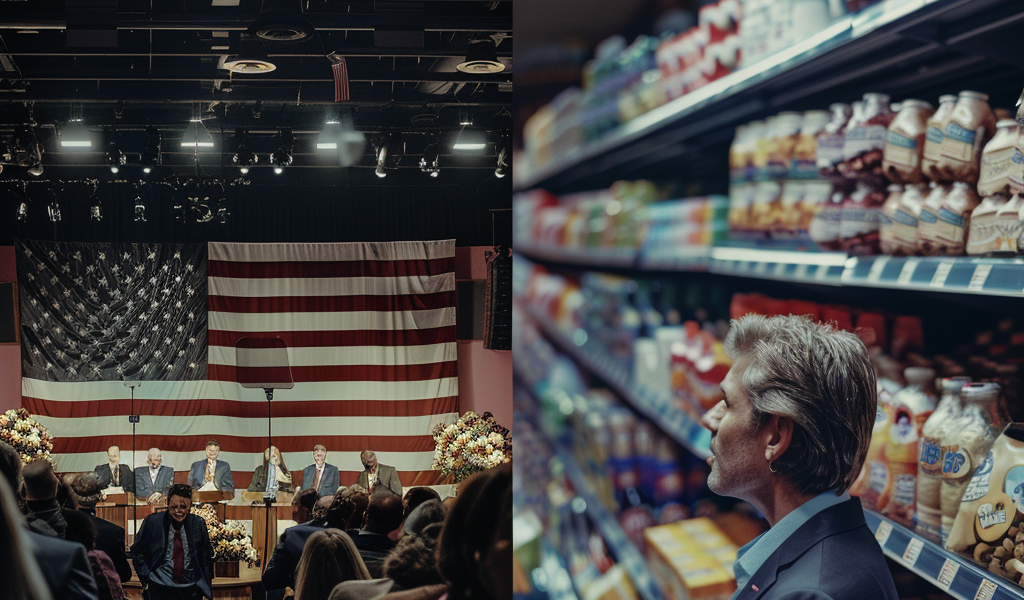As the political landscape in the United States heats up ahead of the upcoming elections, concerns are mounting over the potential impact of new tariffs on consumer prices. Kristalina Georgieva, the managing director of the International Monetary Fund (IMF), has raised alarms about the implications of these tariffs, particularly for lower-income families.
In a recent interview, Georgieva emphasized that fresh tariffs on imports could lead to increased costs for consumers, which would disproportionately affect those with limited financial resources. This warning comes at a time when both major presidential candidates are advocating for tariffs as part of their economic strategies. Republican candidate Donald Trump has proposed implementing tariffs of at least 10 percent on various imports, while Democratic candidate Kamala Harris, as part of the current administration, has continued to support existing tariffs, especially those targeting Chinese goods.
“Tariffs are very blunt instruments,” Georgieva stated during her conversation with CNBC. She further explained that these measures tend to push prices up at a time when the nation is already grappling with inflationary pressures. “When we are still struggling to bring inflation down, it is highly desirable that we don’t generate new reasons why prices may go up,” she added.
Georgieva pointed out that the implementation of tariffs often leads to retaliation from other countries, with a notable 75 percent probability of such responses. This retaliatory action not only risks raising prices for consumers but may also negatively impact U.S. businesses that could face countermeasures from foreign markets.
Despite her concerns regarding tariffs, Georgieva acknowledged that protectionist sentiments have gained traction in certain communities that feel left behind by the benefits of a globalized economy. She suggested that targeted investments could help these groups, providing a more nuanced approach to addressing economic disparities.
When discussing the broader global economic landscape, Georgieva noted that the world is currently experiencing what she describes as a “soft landing.” This term refers to a scenario where inflation decreases without triggering a significant economic downturn. However, she cautioned that this situation requires vigilance, stating, “We all need to learn to keep our seatbelts on.”
Georgieva’s comments come amid a backdrop of rising uncertainties, including geopolitical tensions and unrest in various regions, particularly the Middle East. These factors contribute to a more turbulent global environment, which could have far-reaching implications for economic stability.
As the election approaches, the discourse surrounding tariffs and their effects on the economy will likely intensify. The stakes are high, with the potential for significant consequences for consumers, businesses, and the overall economic landscape in the United States.





